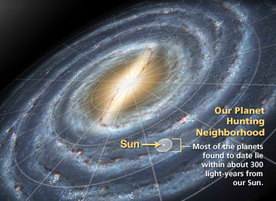
At one time, when my son was a small boy I would ask him:
Where do you live?
He answered with good sense:
“Street so and so, second floor.”
I would smile and correct him didactically:
“No Daniel, you live in the Endless, immense Universe, in the Virgo Supercluster, the Milky Way Galaxy of numberless, huge, stars and planets, the Solar System, on our good old Planet Earth, continent Europe, Switzerland, Geneva, by the lake Leman on the Rhone river, in Onex, rue Gros-Chêne, 14A, second floor. You live in the World.”
He understood what I meant, quickly, like a smart kid; and he lives his adult life accordingly (or almost).
*
It is good to know where you live. It arms you to to think out of the box. It also helps you when little people bother you or have thrown you again into Joseph's* pit.
*
There are countries, recently “freed” where people do not realise the meaning of managed addresses and identities. They are not aware of how they are purposefully, methodically, dwarfed in their soul by the mere microscopic placement of their home address or name. In other countries, still "free", people are slow to understand that our freedom is steadily eroded by the inexorable invasion of tagging and numbering us to fit the "needs" and purposes of mindless bureaucrats and machines.
There is a hamlet in France, where I use to go and enjoy being alone in a huge green space bordered by woods. The address there used to be one's name and a traditional name of the corner, that was all. Recently, an all powerful and visibly rational local committee decreed progress and applied their own imaginative intelligence. They gave good solid numbers to each isolated farm, determined by the distance in meters from their landmark and meaningful reference, the garbage collection points on the main roads. Suddenly, from number one in their own home and castle the inhabitants became number 766, 129, 302 and the like. Alone on the hill but boxed in, with a figure. That is progress. As we suffer all this numbering to advance and soon be tattooed or chipped under our skin for easy identification and the order's sake, be certain that our liberty and dignity will grow accordingly.
Good people, billions of them, consider normal to be recognized to exist and be enabled to sign with their name only after being identified as: identity complete, birth date and detailed place, card number XXXXXXXXXXXXXXXXXX, series XXX, delivered by local authority XYZ now confirmed as living in Region XX, City XXXXXXXX, Sector XX, Bloc XXX, Door XX, Staircase Xb, floor XX, app. XX. Add to this some more categories and you marvel what is left which is still yours. As the world population grows, the zeros preceding your identification code will grow too. These zeros are political statements situating the measure of your freedom.
In such micro-managed address there is no reference, of course, of Europe, the World, Earth and so on, only a hint of how insignificant and replaceable individuals are; but the same poor people still get harangued – daily - of being responsible for the greenness of the whole planet, the regular famine in the third world, the barbarianism of oppression far away and the huge bright promise of Paradise and Progress which is living in One Global World, free, open, modern and civilised.
* Thomas Mann's Joseph and His Brothers


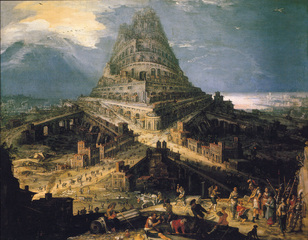
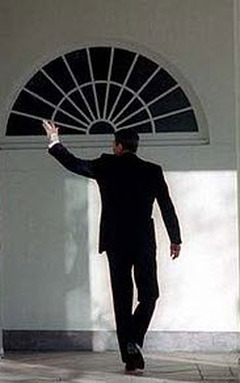
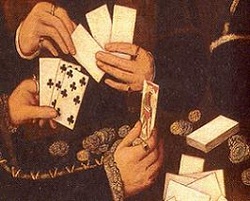
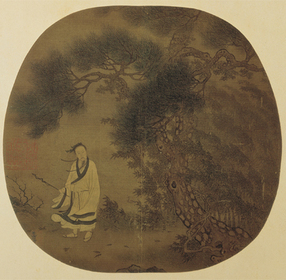
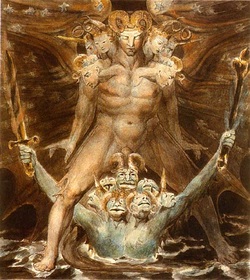
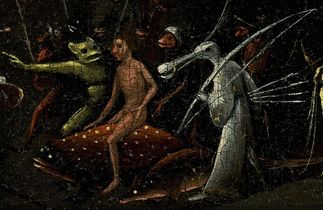
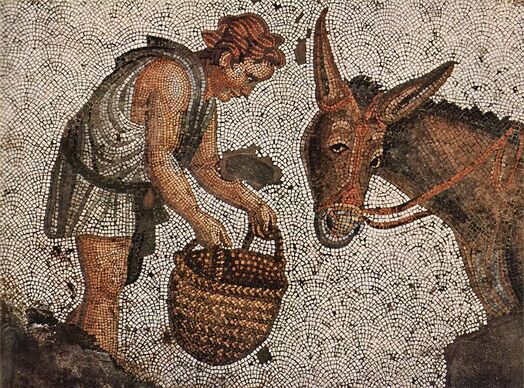
 RSS Feed
RSS Feed